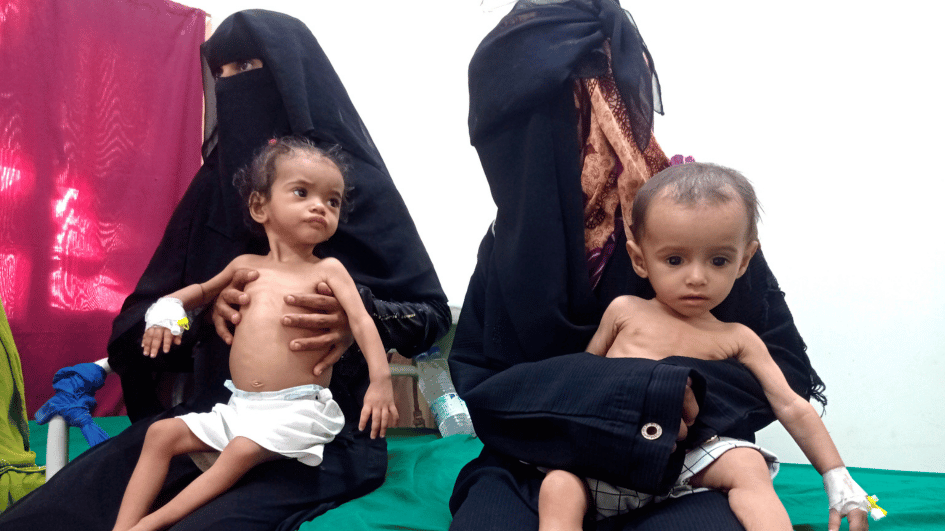
Many countries are bouncing back from the COVID-19 pandemic, but the poorest are not and a significant number are seeing conditions deteriorating, a report from the U.N. Development Progam has said.
Achim Steiner, head of the agency, said that after two decades during which rich and poor countries were coming closer in terms of development, the finding is “a very strong warning signal” that nations are now drifting apart.
The Human Development Index that the agency has produced since 1990 is projected to reach record highs in 2023 after steep declines during the pandemic years of 2020 and 2021.
But development in half of the world’s poorest countries remains below 2019 pre-pandemic levels, the report said.
“It’s a rich person’s versus a poor person’s world in which we are seeing development unfolding in very unequal, partially incomplete ways,” Steiner said at a news conference. “Why does this matter? Not only because it creates more vulnerability, it creates also more misery and protracted poverty, growing inequality.”
The growing inequalities are compounded by the concentration of economic wealth, the report said.
It pointed to almost 40 percent of global trade in goods concentrated in three or fewer countries.
And it said the stock market value of the three largest tech companies in 2021 — Amazon, Apple and Microsoft — surpassed the gross domestic product of more than 90 percent of the 193 U.N. member nations that year.
Steiner said the world’s nations should be joining forces to focus on major threats in the 21st century, especially climate change, the next pandemic and the emergence of a digital economy and artificial intelligence. But instead, he warned, there is increasing division and growing frustration and polarization.
The report calls for more spending on global public goods that benefit all people, including to stabilize climate and the planet, to harness new technologies to improve human development, and to improve the global financial system to benefit low-income countries.
The agency's Human Development Index measures key issues for a long and healthy life, for gaining knowledge and for achieving a decent standard of living.
Based on the latest figures from 2022, the 10 states with the highest human development scores are Switzerland, Norway, Iceland, Hong Kong, Denmark, Sweden, Germany and Ireland tied for seventh, Singapore, and Australia and the Netherlands tied for 10th place. The United States tied with Luxembourg for 20th place.
The 10 countries with the lowest human development were Sierra Leone, Burkina Faso, Yemen, Burundi, Mali, Chad, Niger, Central African Republic, South Sudan and Somalia. All but Yemen are in Africa.